LordofUzkulak’s fanfics
[WHFB] Harvest Time
Krazk tilted his head back trying to drain the last drop of ale from his goblet and gave a grunt of annoyance as it stubbornly refused to budge. Giving up, he plunged the golden vessel into the open cask and took a swig. It was a rare cask of Bugman’s taken in a raid long ago and seasoned with spices from Ind taken in a much more recent raid. Resting the goblet on his broad paunch, he reclined back and peered out the open sides of his palanquin and the slave fields outside.
The empire of the Dawi Zharr was a vast enterprise built on the backs of industry and slavery. Across hundreds of miles of wasteland that was the Darklands from the cold barren plain of the Zorn Uzkul in the north to the fiery ashes of the Desolation of Azgorh in the south countless slaves of numerous races toiled in service of their dwarfen masters, and each and every one required food to continue their tasks. In a land beset by frequent volcanic eruptions and where vast ash clouds blotted out the sun for weeks or more at a time, arable land was hard to come by, and meat from dead slaves and cave grown fungi could only stretch so far; as a result, long ago in a half forgotten time near the founding of Zharr-Naggrund the Dawi Zharr had turned their minds to mastering nature and by might of sorcery and industry had pushed back the desolation of the tainted Plain of Zharr, leaving a small sliver of land around the great ziggurat able to support life.
The crops planted in the new slave fields had thrived for the volcanic soil was fertile. To oversee their slaves who toiled the fields, and to give them a quiet retreat away from the prying eyes of their rivals, the sorcerer-prophets had started to build smaller ziggurats out in the plain and soon quarrels broke out over who had the rights to farm what and where. To avoid civil war, the High Prophet Tammuz, later mockingly nicknamed Tammuz the Gardener, had laid down strict rules governing the division of the lands. Great stone causeways had been constructed, crisscrossing the plain in an arcane pattern and dividing the fields into plots. The plots immediate to each clan’s personal ziggurat were bequeathed to that clan and the rest were at first divided amongst them with the choicest plots going to those in highest favour.
However, after decades of strip farming, the soils grew poorer and the priesthood quickly realised that ironically their forefather’s actions to allow them to farm had inadvertently doomed them, for it was the volcanic ash from the regular eruptions that had granted the soil it’s fertility. There was much debate over the course to take until an elderly Tammuz had again devised a solution. Under his instruction, a great ritual had been performed and a covenant had been signed with Hashut and Slaanesh to refertilise the land and every twelve years the ritual had been conducted again. Soon it had evolved into a festival; for the sorcerer-prophets it was a somber time that could alter the fate of their race, while for the common dwarfs it was an excuse to get drunk on the first new casks of ale brewed from the grains of the previous festival.
Krazk begrudged having to participate in such an ‘elfy’ affair as a harvest fertility festival, but he acknowledged its necessity so had dutifully set out that morning on the road from his clan’s ziggurat to the temple of Hashut high atop Mingol Zharr-Naggrund. Normally he would have traveled via the tunnels carved deep below the plain that joined the lower levels of each clan’s ziggurat to one of the many subterranean levels of the mountainous capital, but currently they were packed with slaves baring the harvest to the numerous granaries and storehouses and lesser dwarfs on their way to the various festival halls. Still, traveling by the causeways did have its benefits – as he traveled he could eye his rivals farms, marked out by the banners planted at each corner of every plot, and see who was behind on this years’ harvest, and he let out a smirk noting that his immediate rivals were far behind in both quality and quantity. Combined with the boon of slaves and gold his clan had taken in raids these last few years, he would rise in status this year.
A shadow fell over him, sending a shiver down his spine and disrupting his musings. He turned and peered out the other side of the palanquin and saw he was passing the ziggurat of the Bonebeard clan. The pyramid was cold and silent and the farms around it were choked with weeds and bracken. All who lived in Zharr-Naggrund knew the tale behind that thrice cursed clan. Centuries ago they had been one of the middling clans, not powerful, but nowhere near the bottom of Dawi Zharr hierarchy either. In secret their chief prophet Gallû had delved into shunned necromantic knowledge and had revealed his treachery on the Night of the Restless dead. When Nagash had arisen, for a whole night all over the world the dead had walked the land and the capital of the Chaos Dwarfs was no different. Legions of dead slaves had lurched to their feet and burst forth from the cold houses where they were being kept awaiting the butchers. Seizing the opportunity it provided, Gallû had played his hand and had cast a ritual to take control of the dead in the city and a bitter struggle had broken out. Setting aside their grievances, the disparate clan’s of Zharr-Naggrund had banded together and had forced the dead back into Gallû’s ziggurat. Cursing him, the irate High Prophet had ordered the ziggurat sealed and rune encrusted cap stones and plaques and be chained over the doors and windows of the ziggurat, trapping the dead inside. Ever since then the ziggurat had been shunned, and the farms immediate to it had been abandoned as no clan wished to claim the tainted land and every slave refused to toil in its shadow.
Krazk breathed a sigh of relief as his palanquin passed out of the shadow and drained his goblet in one swig, followed by a second and then a third. A more compassionate soul would have been concerned about how the warrior escort marching along side him were holding up, but Krazk was a Dawi Zharr and only cared about the welfare of others in so much as it benefited himself or his clan. With a grunt, he settled back into his seat, there were still many miles to go before they reached the base of Mingol Zharr-Naggrund, and from there was the long climb up the mountainous pyramid to the temple of Hashut at its summit.
The sun was setting as Krazk reached the foot of the great ziggurat and he bellowed for fresh slaves to be brought forth. He would ascend to the temple of Hashut by one of the four staircases carved into its sides and the slaves that bore his palanquin would need to be strong and healthy to make the climb. Stoically, his guards brought forth four slack jawed ogres from the slave wagon that had accompanied them on the journey from their clan’s ziggurat. The ogres hoisted the palanquin onto their shoulders and at the prodding of the taskmaster lumbered towards the foot of the stairs.
As they did so, Krazk noted the approach of the Prophet Khorr, patriarch of the Coldhand clan and nodded a greeting. The Coldhands were a queer clan. Unlike all other clans, the scions of that bloodline had no aptitude for Fire magic but instead possessed an innate affinity for ice magic. As such they had no holdings outside of Zharr-Naggrund, and only meagre ones within, but had still carved out moderate prestige by selling their unique services to those seeking to raid colder climates such as Kislev and Norsca or wishing to raid during winter. Krazk grimaced at the thought remembering how he’d had to sell one of his great grandnieces to be married to Khorr’s grandson in exchange for the services of a Coldhand Icemage three months ago, only for the raiding party’s ironclad to be sunk by an iceberg a week out of port. Of course, as a Dawi Zharr Krazk had to much decorum to open accuse the Coldhands, instead opting to attack the rival clan indirectly and subtly.
He took another drink from his goblet, now savouring a fine Bretonian red, the Bugman’s long drank, using it to hide his smile of malice from his rival. He had thought long and hard about how to exact his revenge on the Coldhands and to his chagrin he’d had to enlist the aid of cult of Nurgle. Though the Dawi Zharr venerated Hashut as supreme, they were wise enough to know not to risk angering the other gods of Chaos. Though Hashut’s temple stood proudest atop Mingol Zharr-Naggrund, they had built an entire complex of lesser temples to the other gods as way of respect, and shrines to them could be found throughout the main ziggurat in hidden halls and chambers. Even the duplicitous Horned Rat had a ziggurat, though very few attendants. Most Dawi Zharr paid respect to the other gods to avoid drawing their ire, but not so much as to draw their attention either, but there were those who gave themselves wholly over to the worship of the other gods and it was they who formed the priesthood and temple guards of the lesser temples. For the most part mainstream society shunned them and only came into contact with them when paying the other gods respect or when they marched to war alongside their sane Hashut-worshiping brethren, but sometimes they could be valuable allies in the constant power struggles between the Prophets and the clans. Weapons blessed by the priests of Khorne were more deadly, sorcerous components by Tzeentchians more potent and so forth. But just as they could be a boon to your own assets, they could also be a curse upon your foes. Such was Krazk’s plan; in his aspect of the Plaguebringer, they were to taint the lands the Coldhands were allowed this festival so that they would wither in the coming years and bring great shame upon the clan.
Composing himself, he lowered the goblet and raised it to Khorr as the latter started to ascend the stair ahead of him. The ziggurat that formed Mingol Zharr-Zaggrund was as large as a mountain and though the ascent was far less arduous than that of an actual mountain, it still took a considerable time to traverse and by the time they reached the penultimate level the sun hung low in the sky. The final level was Hashut’s temple and only those consecrated could enter. Cursing his half petrified limbs, Krazk alighted from his palanquin and continued on his journey up into the black marbled edifice, leaning heavily on his skull topped staff.
He entered in through the southern portal, joining in the procession of the other Sorcerer Prophets as the passed through the Avenue of Kings, the great hallway lined with the petrified bodies of all the High Prophets were placed in high honour. Dawi Zharr were a long lived race and as such many of the plinths had yet to be filled as all the prophets eyed the empty ones jealously. As he passed through the open brass gates at the end, the heat from the furnaces hit him in the face like a wall. The hall could have swallowed even the grandest of manning palaces but even at this distance the heat from the pillar of flame that ran through the centre of the ziggurat singed his beard. Making the sign of the bull horns, he shuffled off to his allotted place and knelt on the warm stone floor.
The Dawi Zharr were a proud and arrogant kind, loath to submit to anyone and any sign of supplication to another was seen as weakness, but even they were humble enough to submit before the Dark Father. Not even the mightiest were crazed enough to place themselves as equal with a god. Bowing his head he began chanting a prayer to Hashut, awaiting the last few prophets to arrive. At the appointed time the temple doors would be sealed and for eleven days the prophets would fast in silence in preparation for the Harvest Ritual. On the dawn of the twelfth day, the doors would be opened and young Astragoth, the new high priest would lead those that survived the fast outside to take up their positions around the bronze bull statue atop the temple.
This year only three prophets fell to the fast, a good sign and fortunately for Krazk, Khorr was not one of the three – Krazk wanted him to know the misfortunes that would befall his clan these coming years. Singing his appointed hymn, Krazk took up his position on one of the stone benches and broke his fast with a loaf of stone bread baked from this year’s harvest. When the sun reached its zenith, as one the assembly turned their gaze north and a silence fell over them. On cue, herded by masked acolytes of both Hashut and Slaanesh, ears of corn and barely woven into their beards herded up twelve times six slaves up the stairs, dragging a statue of the Dark Prince followed by a second group of slaves numbering six times twelves. Each and every slave had been mutilated, its hands and feet cut off and iron shoes shaped like hooves hammered in their place. Half the slaves were daubed with the rune of Hashut in blood and wore bronze masks fashioned in the shape of a bull while the other half were daube with Slaanesh’s glyph and wore silver goat masks. Under the whips of their twelve overseers, the slaves cavorted around the pyre of wood and harvested food that had been set between the two gods’ statues. A horn blared twelve times and was answered by six trumpets and as the last clarion faded away, twelve acolytes of Hashut marched forth from the temple, each baring a torch lit from the flaming pillar while six attendants of Slaanesh baring flasks of oil sprang up the stairs. The eighteen priests took up their positions and the assembly began to chant once more as the slaves continued to dance.
Astragoth rose from his throne below the bull and took his hammer. Turning to a great gong he struck it six times and with each strike a flask was thrown onto the pyre. Twelve times more he struck the gong, shouting Hashut’s name each time, and on the twelfth, as one the torch bearers tossed their charges onto the pyre. The oil soaked wood and food ignighted with a whoosh, driving the slaves back. If they hadn’t had their tongues torn from their mouths and their eyes gouged from their skulls, they would have screamed in terror. As it was they could only cringe away from the sudden heat as it bloomed, and then towards it as their handler whipped them for their impudence. Given the choice between the fire and the whip, the slaves all chose the fire and one by one threw themselves onto the pyre.
The assembled prophets started a new chant as the twisted bodies started to burn, and setting aside his hammer, Astragoth took up a scythe. Ordinarily he would never have touched such a tool, but as it was required for the finale part of the ritual he bore it stoically and without complaint. The twelve handlers stepped up to the pyre, so close that their beards started to smoulder. Uttering a dark chant in a voice too low for any save the gods to hear, Astragoth stomped from one handler to another, striking each with a single swipe of the scythe, beheading them.
As the final blow fell, he screamed one last word and the whole ziggurat started to shake. There was a colossal boom, and from the temple sprang a pillar of fire, spewing ash that darkened the sky. The whole valley in which Zharr-Naggrund sat shook and Krazk and the other prophets turned their gazes outward to see smaller ziggurats, ritually placed throughout the valley answer Mingol Zharr-Naggrund with fire pillars of their own. An almighty crack echoed throughout the valley and on cue ash clouds billowed over the crags known as the Hoofcleft than ringed it, blotting out the last of the sunlight and plunging the land into darkness.
The ritual complete, Astragoth cast the scythe into the flames and turned back to the temple, leading the prophets back inside to the customary feast that followed the ritual. As he took his place in the procession, Krazkh smirked, looking forward to devouring this year’s bounty to end this festival’s fast and as he passed under the bronze bull he offered up a silent prayer to Hashut that the great deeds of his clan would be recognised with the appropriate land tithes and the feasts end.





























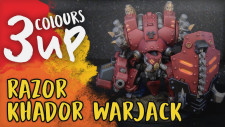



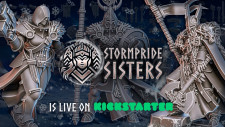
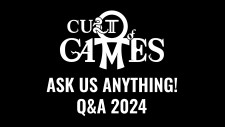







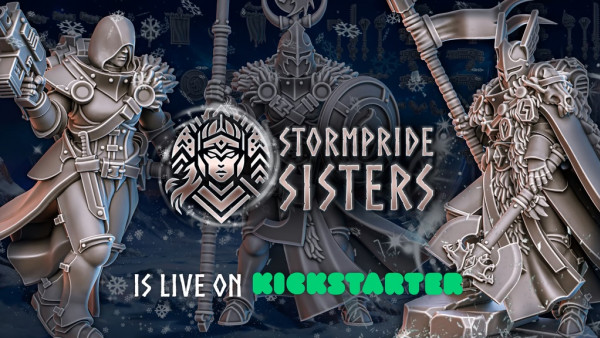
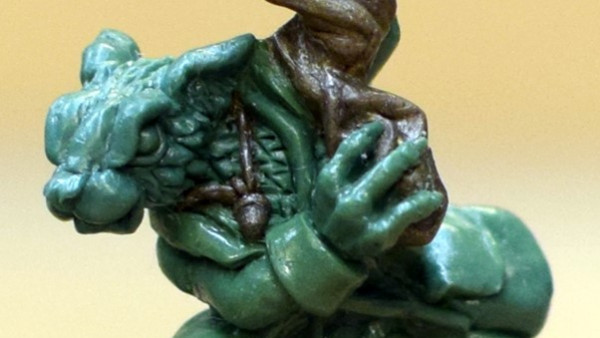
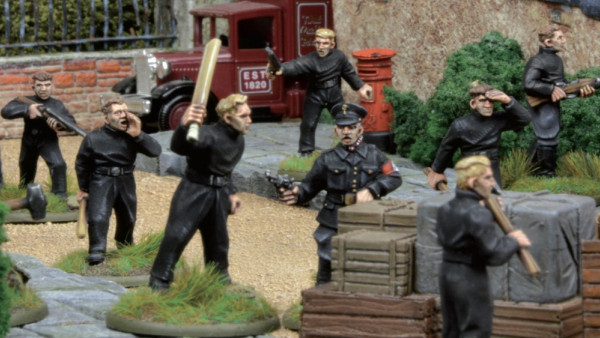
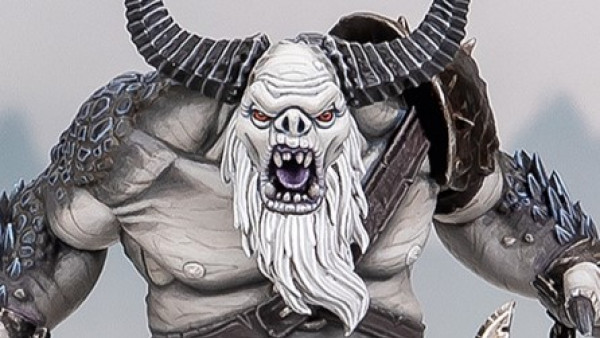
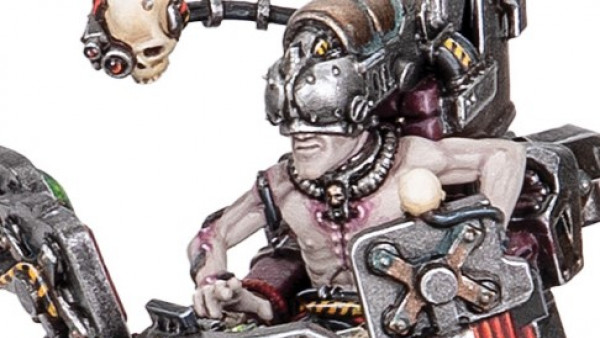
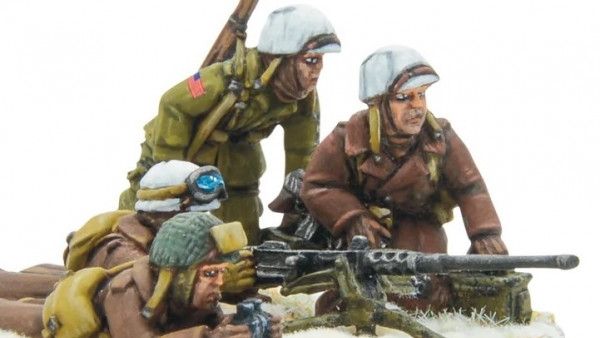
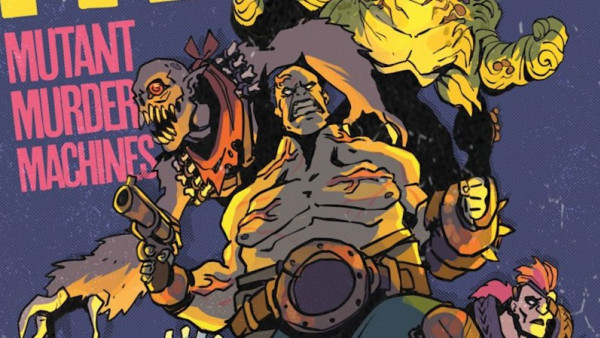
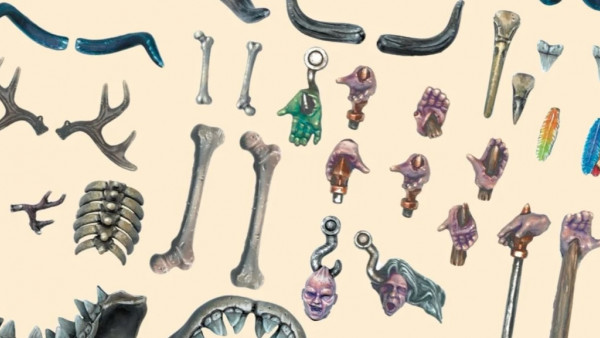
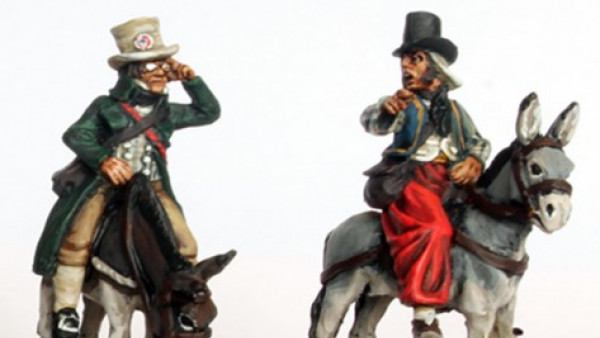
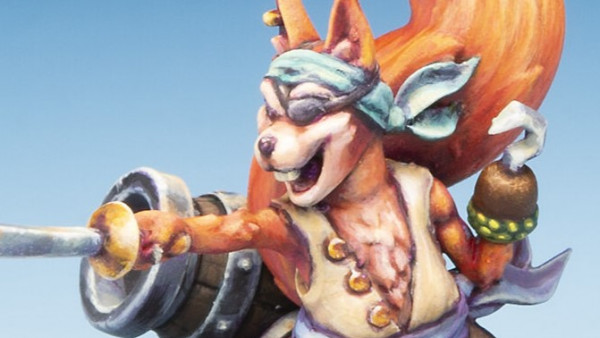
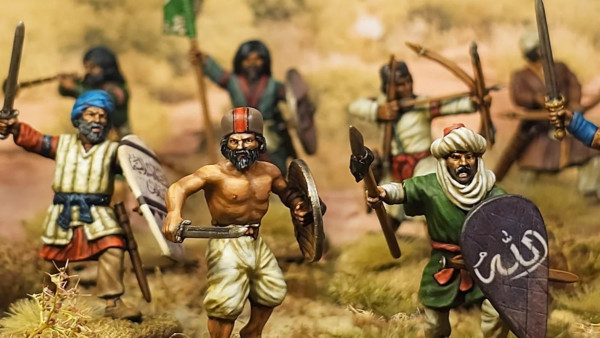
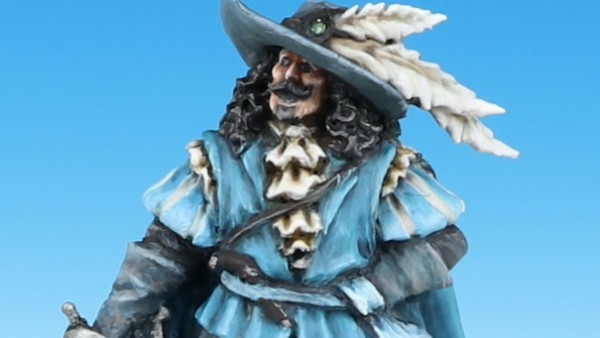
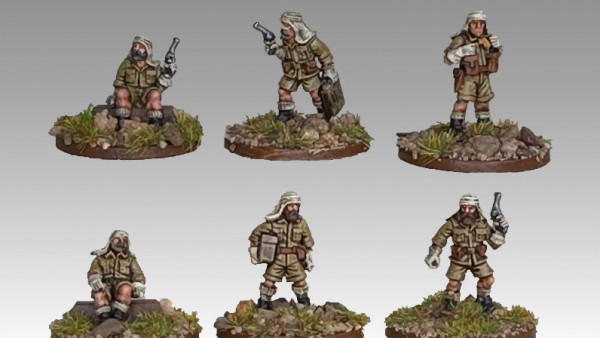
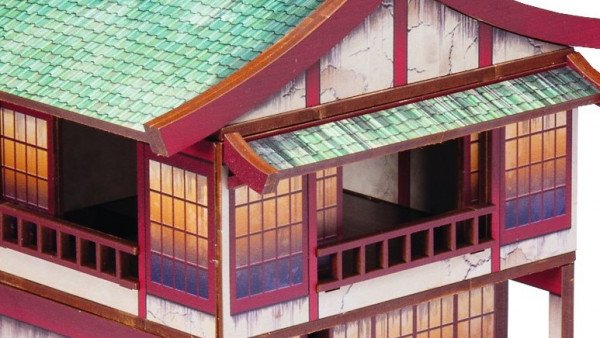
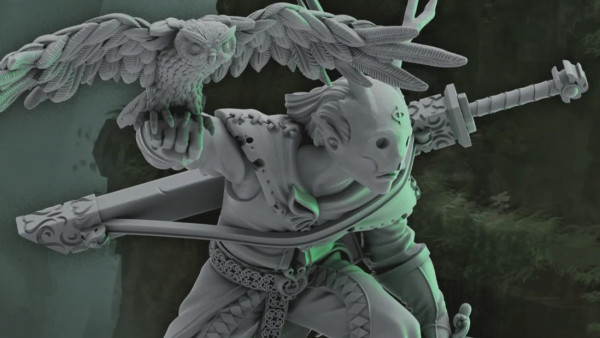
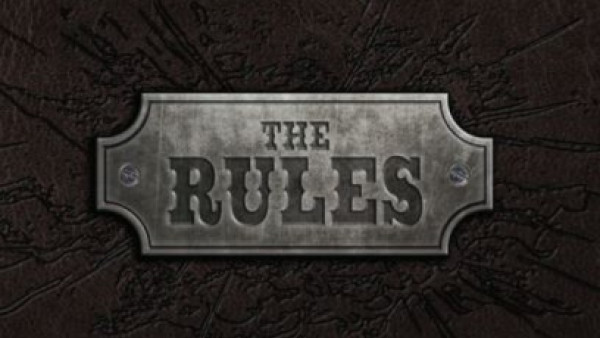
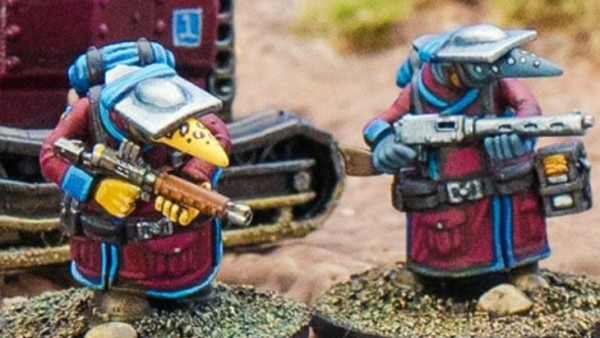
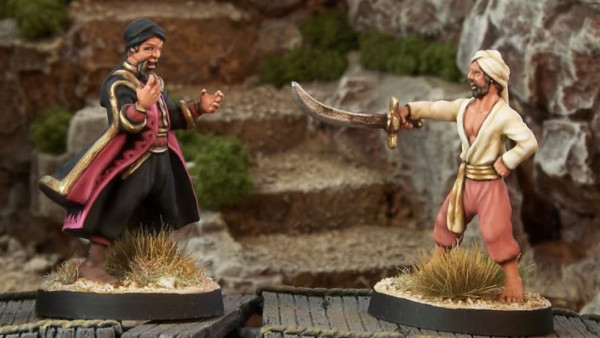
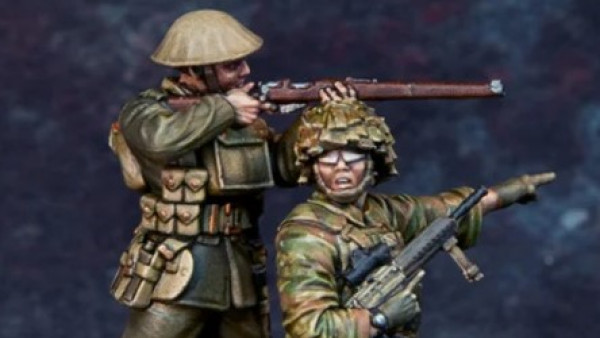
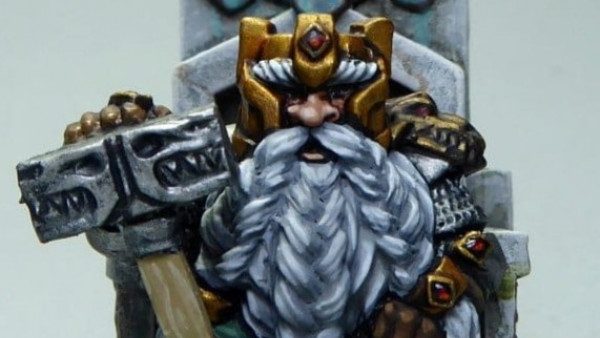
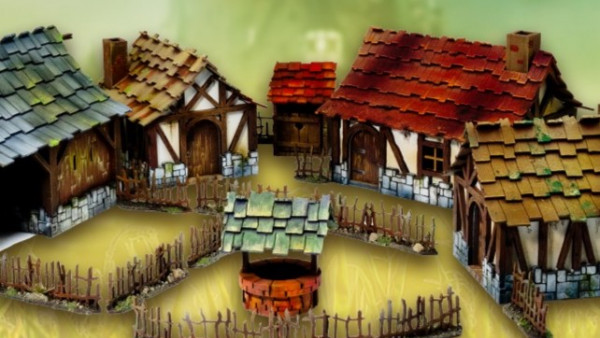
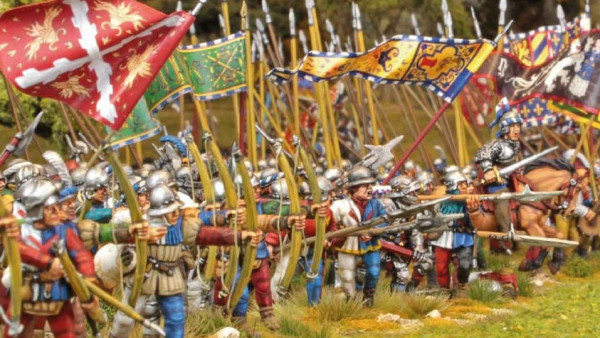
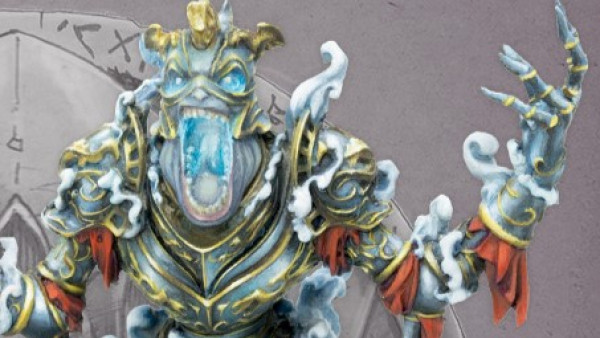
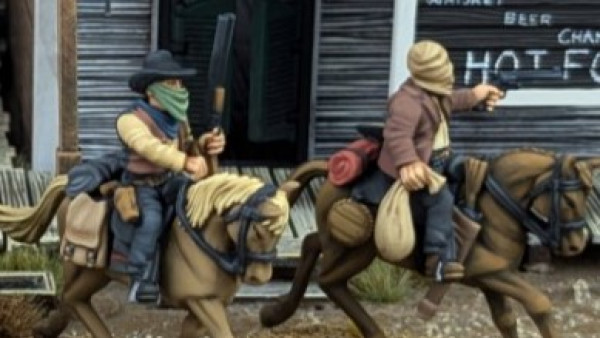
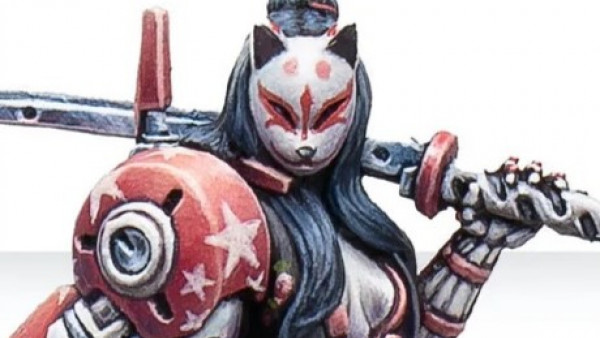
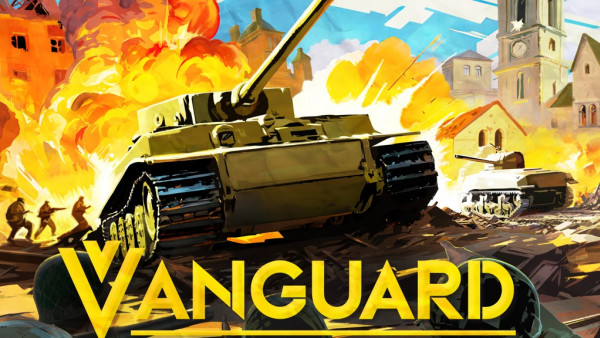
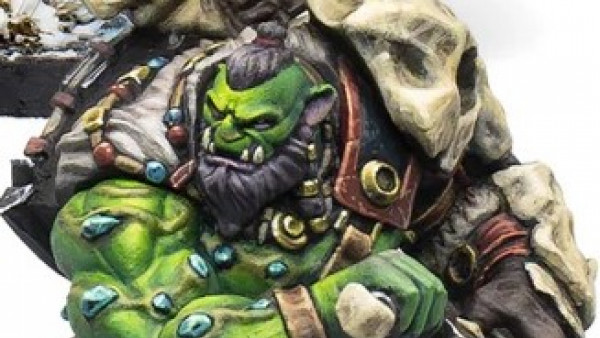
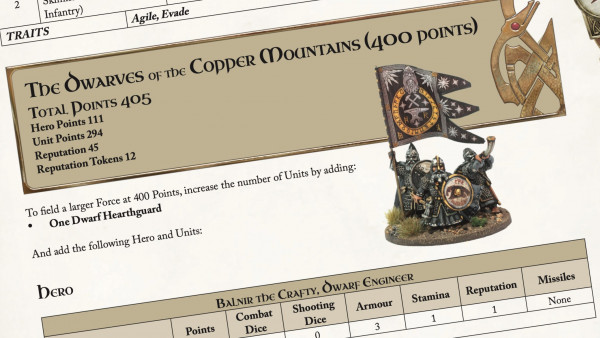
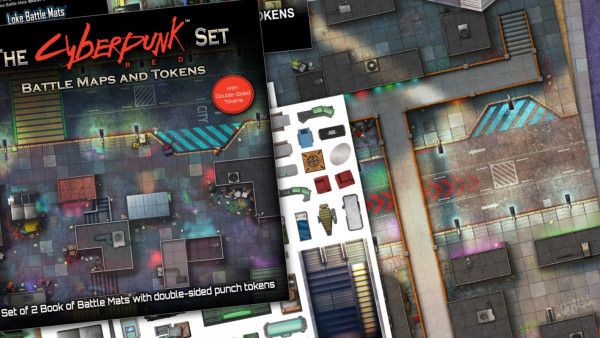
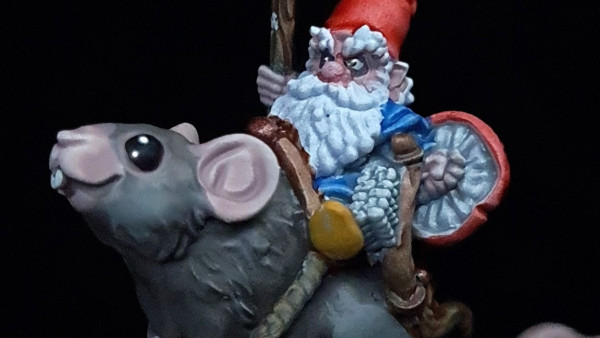


Leave a Reply